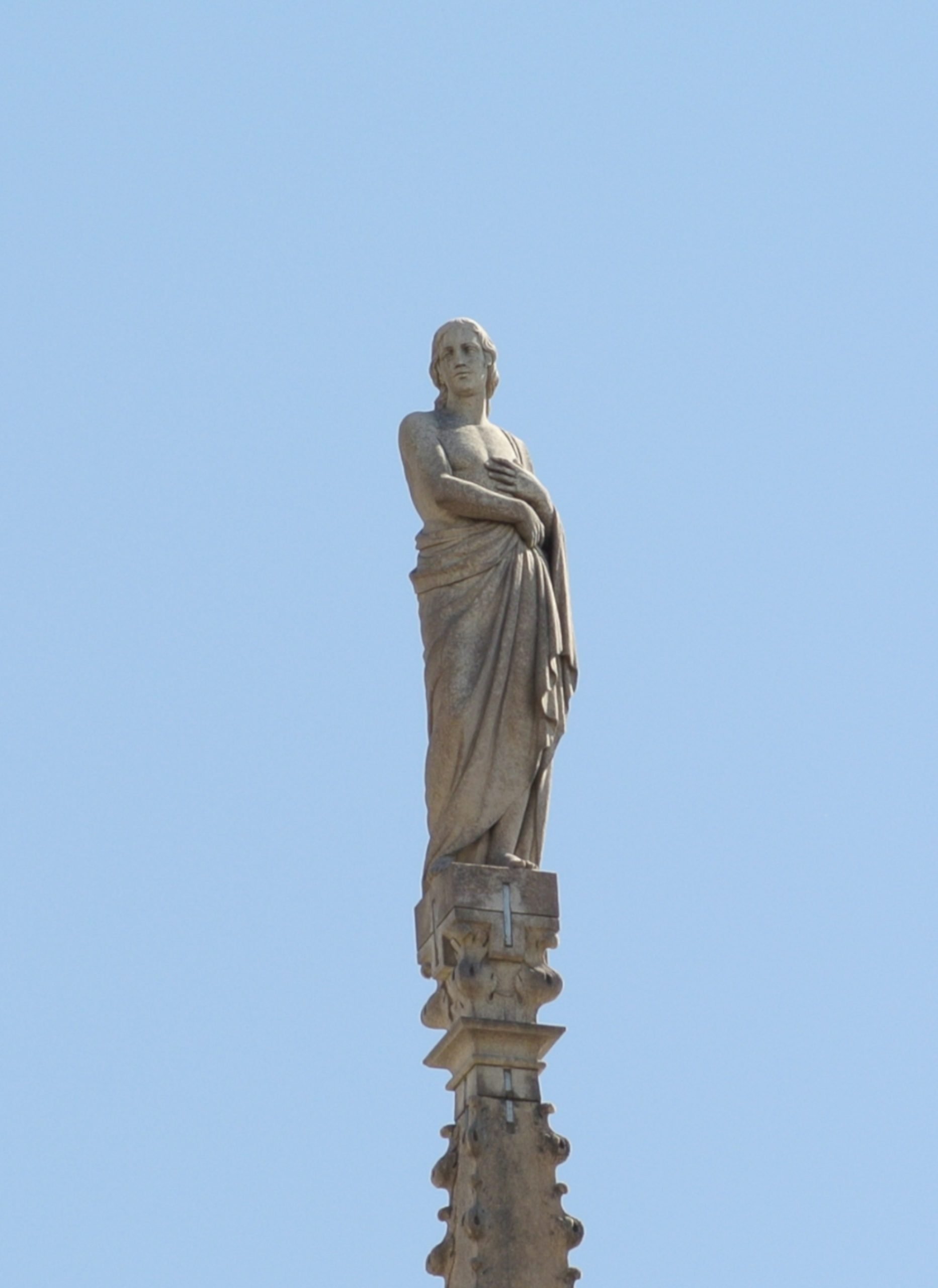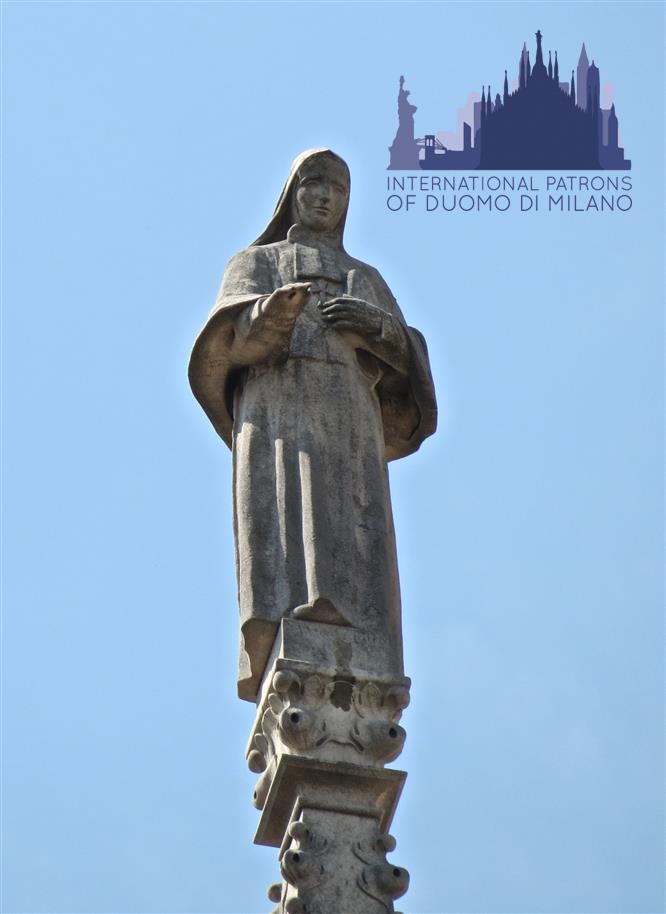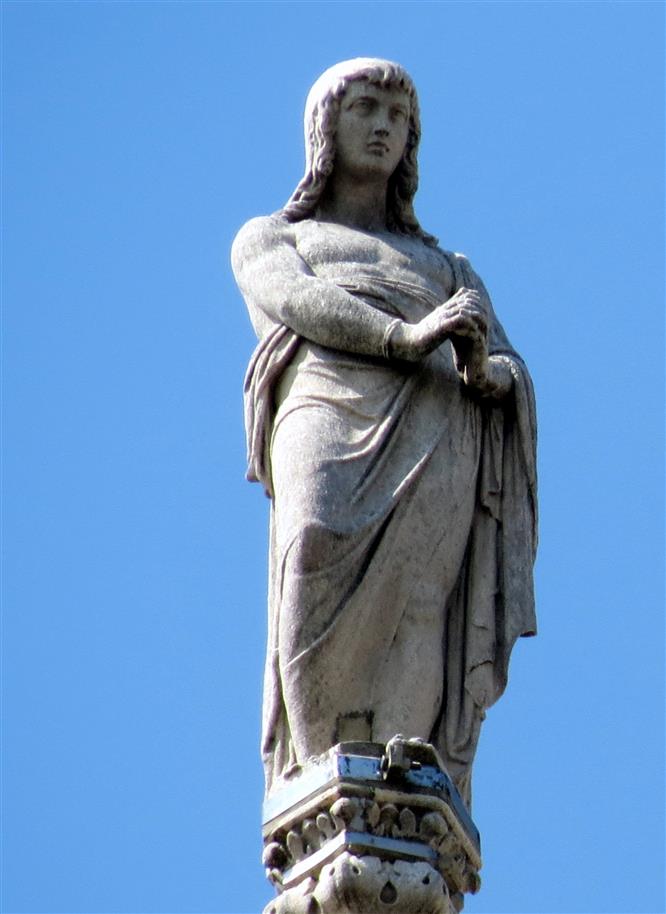The last of the Latin Fathers, St. Isidore of Seville (560-636) sums up the entire legacy of doctrinal and cultural acquisitions that the age of the Fathers of the Church handed down to future centuries. An encyclopedic writer, Isidore was greatly read in the Middle Ages, especially his Etymologies, a useful “summa” of ancient science, the main results of which he condensed, albeit with more zeal than critical spirit. This extremely gifted popularizer of ancient science, who seems to have exercised considerable influence on all medieval culture, was above all an eager bishop worried about the cultural and moral maturing of the Spanish clergy. This is why he founded an ecclesiastical college, a prototype for future seminaries, dedicating a lot of his busy day to teaching the candidates for priesthood. Holiness was at home within the noble family, originally from Cartagena, in which Isidore was born around 560. Three brothers were bishops and saints (Leander, Fulgentius and, of course, Isidore) and a sister, Florentina, was a nun and saint. Leander, the eldest sibling, was the guardian and teacher of Isidore, who was orphaned at a very young age. The future Doctor of the Church, author of an immense volume of books covering all human knowledge, from agronomy to medicine, theology, and home economics, was initially an indolent student and not one to stay bent over school books. Like many of his age, he skipped school and wandered around the countryside. One day he walked up to a well to quench his thirst and noticed the deep grooves carved by the fragile rope in the hard stone of the rim. It was then that he realized that man’s perseverance and will could also get the better of the hardest stumbling-blocks of life. He returned with renewed love to his books and progressed in his studies so much to deserve the reputation of the most erudite man of his time. Cleric in Seville, he succeeded his brother Leander in the bishop’s throne of that important diocese. Like his brother, he became the most popular and authoritative bishop of his day, also presiding over the important Fourth Council of Toledo (in 633). Educated by reading St. Augustine and St. Gregory the Great, albeit without the vigor of Boethius or the sense of organization of Cassiodorus, with them Isidore shares the glory of having been the teacher of medieval Europe and the first to organize Christian culture. A pleasant legend tells that, during his first month of life, a swarm of bees invaded his cradle and placed a trickle of honey on the lips of baby Isidore, as a good omen of the sweet and substantial teaching that would one day flow from those lips. Knowledge, which never separated from deep humility and charity, earned him the title doctor egregius and the halo of sainthood.
ST. ISIDORE
Patron Saint: Farmers, Harvests, Fields and some Spanish and Italian cities. Symbol: Spade
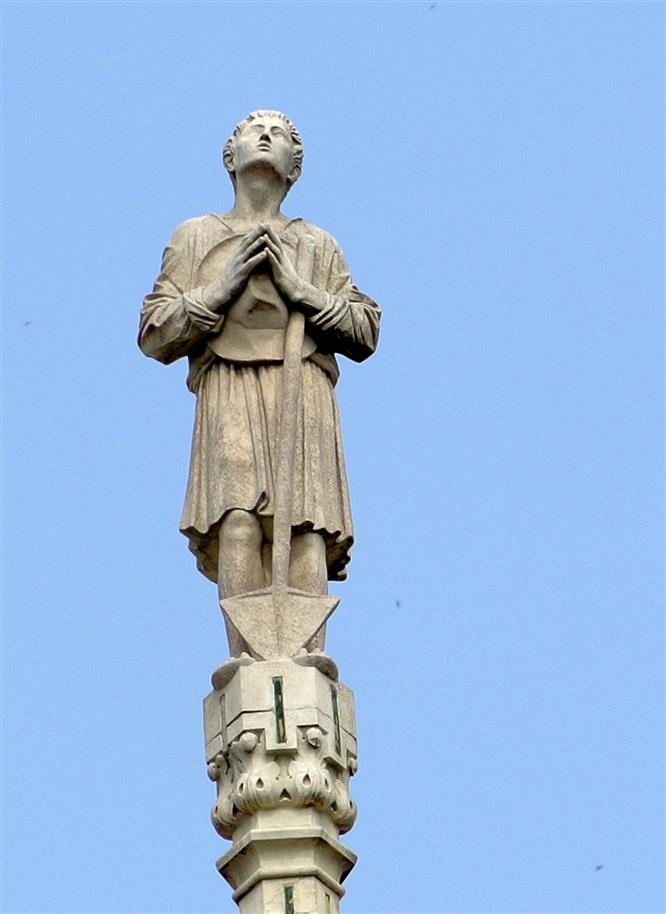
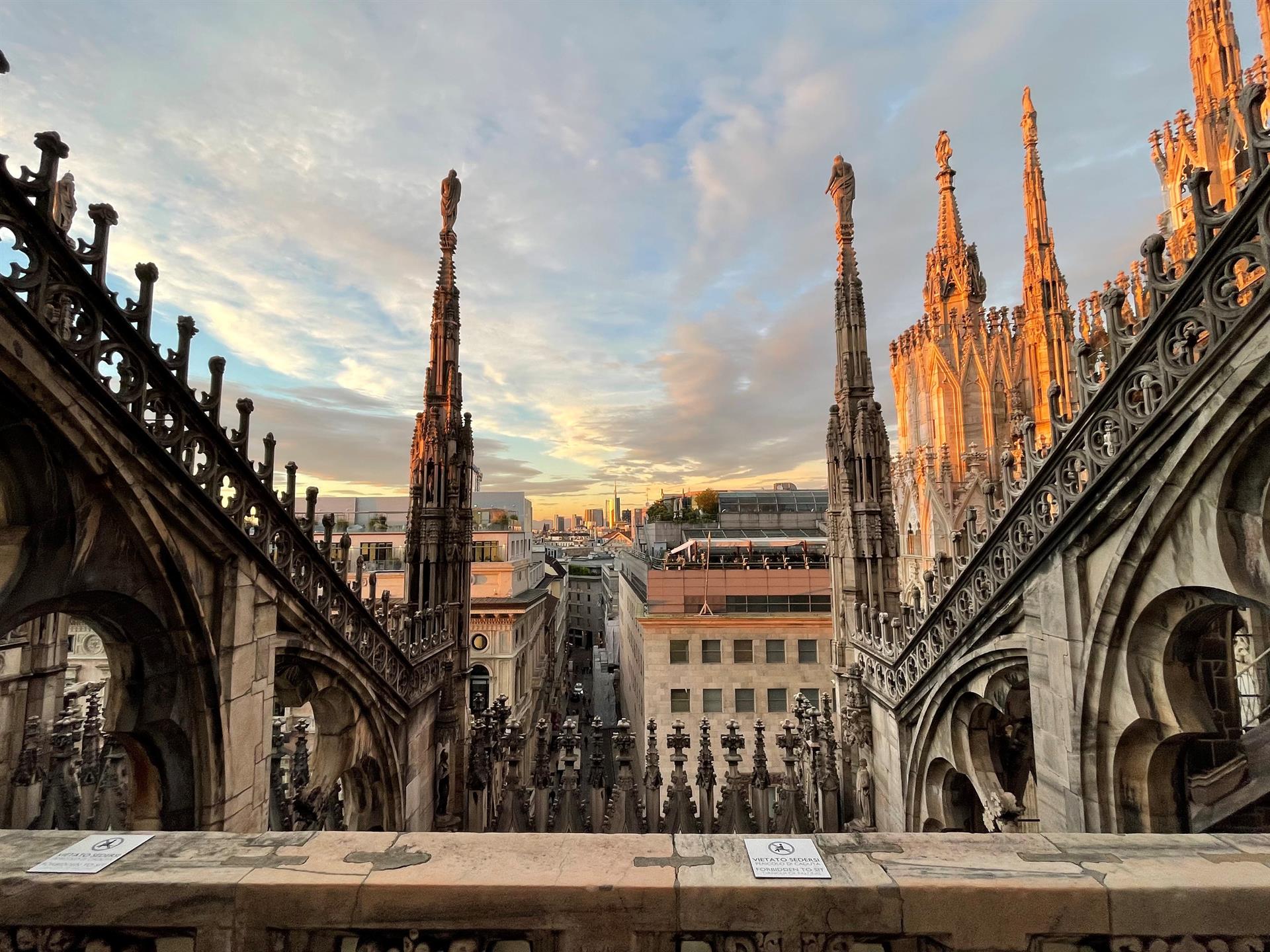
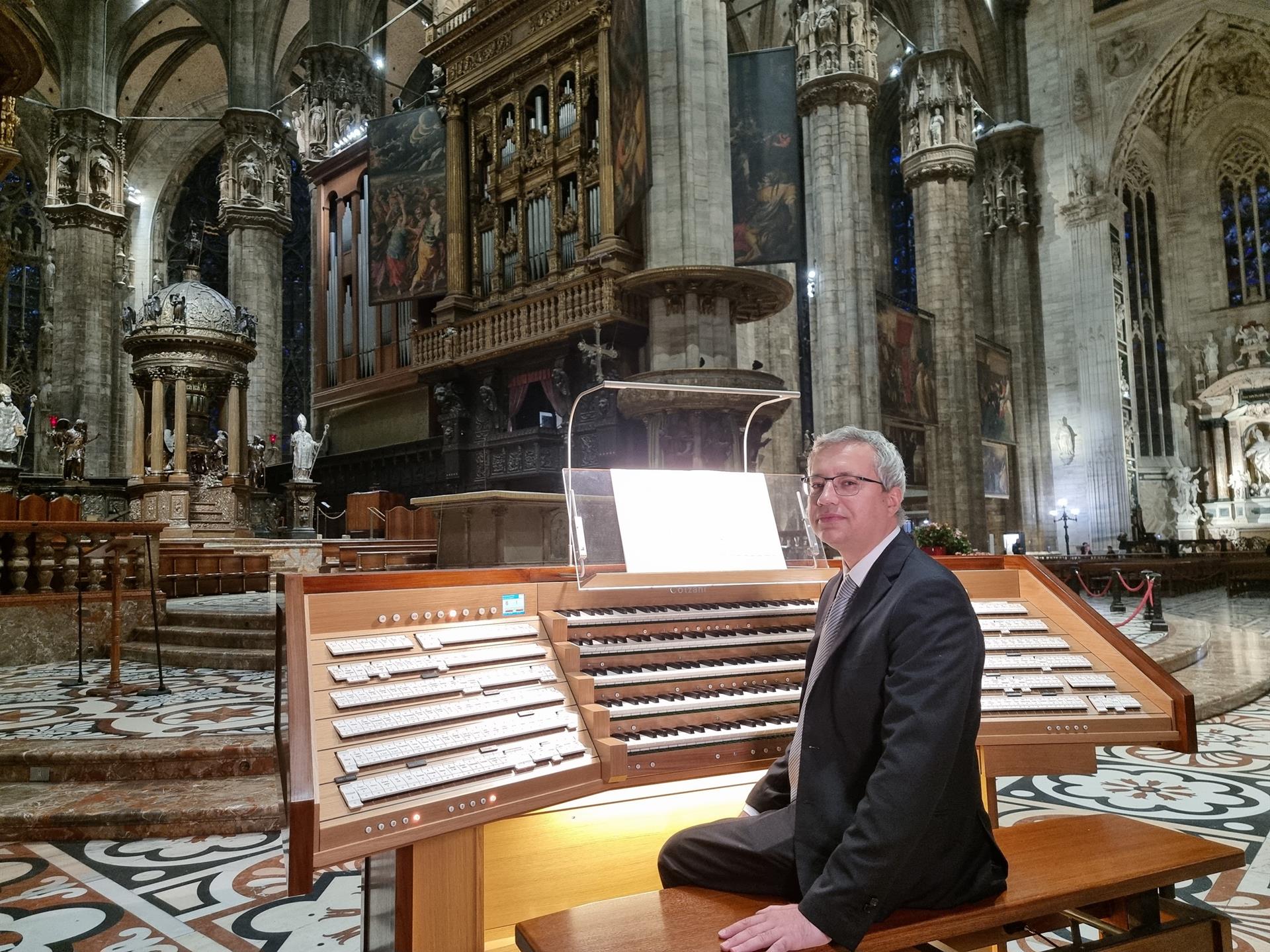
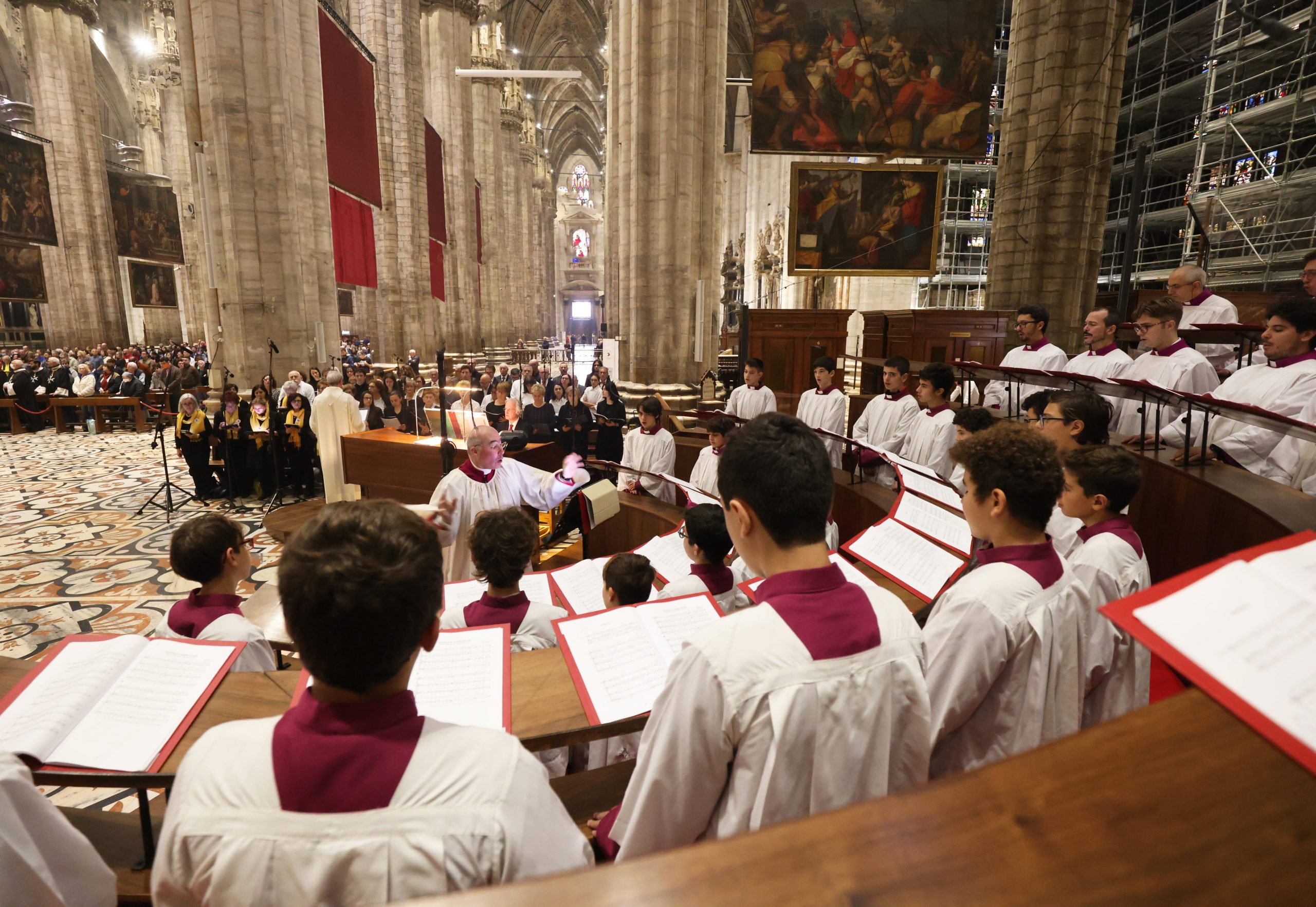
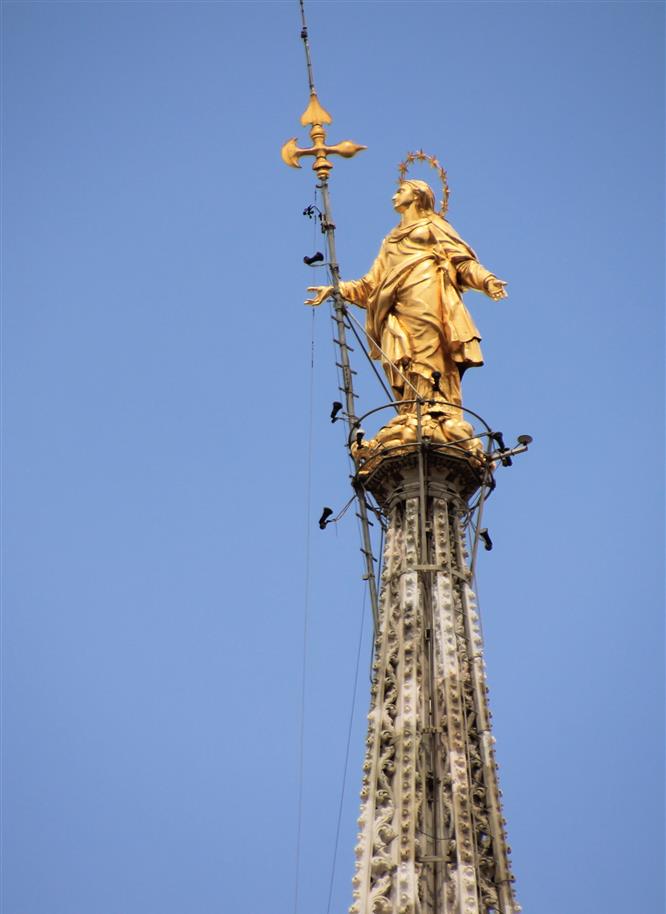
 Tiburio
Tiburio